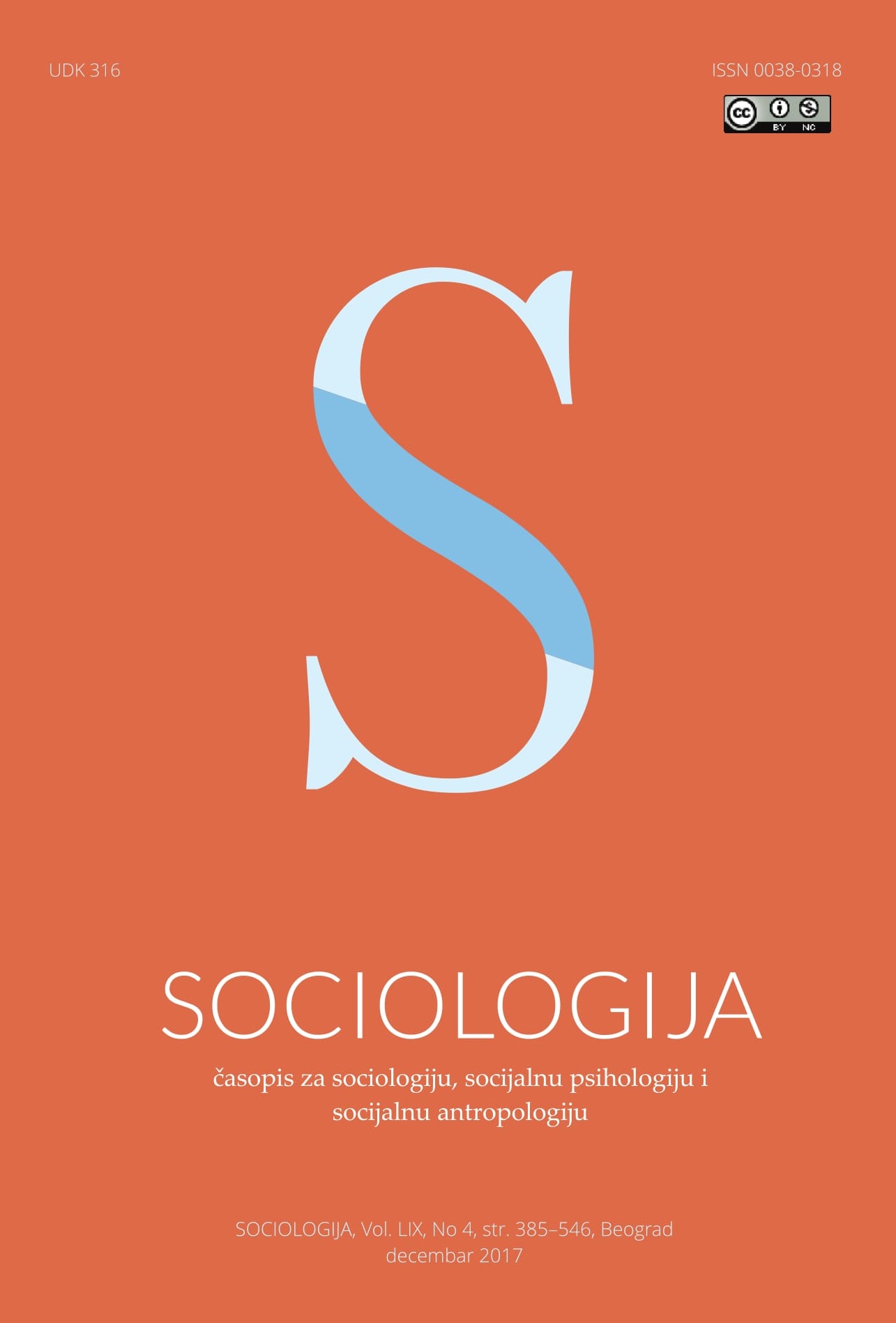Medijsko predstavljanje sukoba u demokratizaciji u Egiptu, Keniji, Srbiji i Južnoj Africi
Media Framing of Democratisation Conflicts in Egypt, Kenya, Serbia and South Africa
Author(s): Nebojša Vladisavljević, Katrin VoltmerSubject(s): Media studies, Politics and communication, Identity of Collectives
Published by: Sociološko naučno društvo Srbije
Keywords: media; media framing; democracy; democratisation; conflict; polarisation
Summary/Abstract: This paper presents an overview of the main findings from a quantitative content analysis covering different types of democratisation conflicts (i.e., conflicts over citizenship, elections, transitional justice and distribution of power) in Egypt, Kenya, Serbia and South Africa. The key findings from the content analysis are organised around several themes: causes of democratisation conflicts, portrayal of conflict parties, preferred solutions to conflicts, perceptions of democracy, role of the media, authoritarian past, and tone of reporting and polarisation. The main finding is that cross-national variations depend on several factors: specific country contexts (and contexts of broader regions from which they come from, including the Arab Middle East, sub-Saharan Africa and post-communist Europe); regime type and the stage of democratisation; and type of democratisation conflict (which reflects the main arenas of political contestation). Across all countries, the quality of media coverage is limited by bias, emotionalisation and – most importantly – polarisation. In particular, conflicts over the distribution of power trigger sharp polarisation, whereas elections – contrary to existing literature – seem to force media towards a more restrained style of reporting. The sample involves 5162 newspaper articles and news stories from the four countries.
Journal: Sociologija
- Issue Year: 59/2017
- Issue No: 4
- Page Range: 518-537
- Page Count: 20
- Language: Serbian

